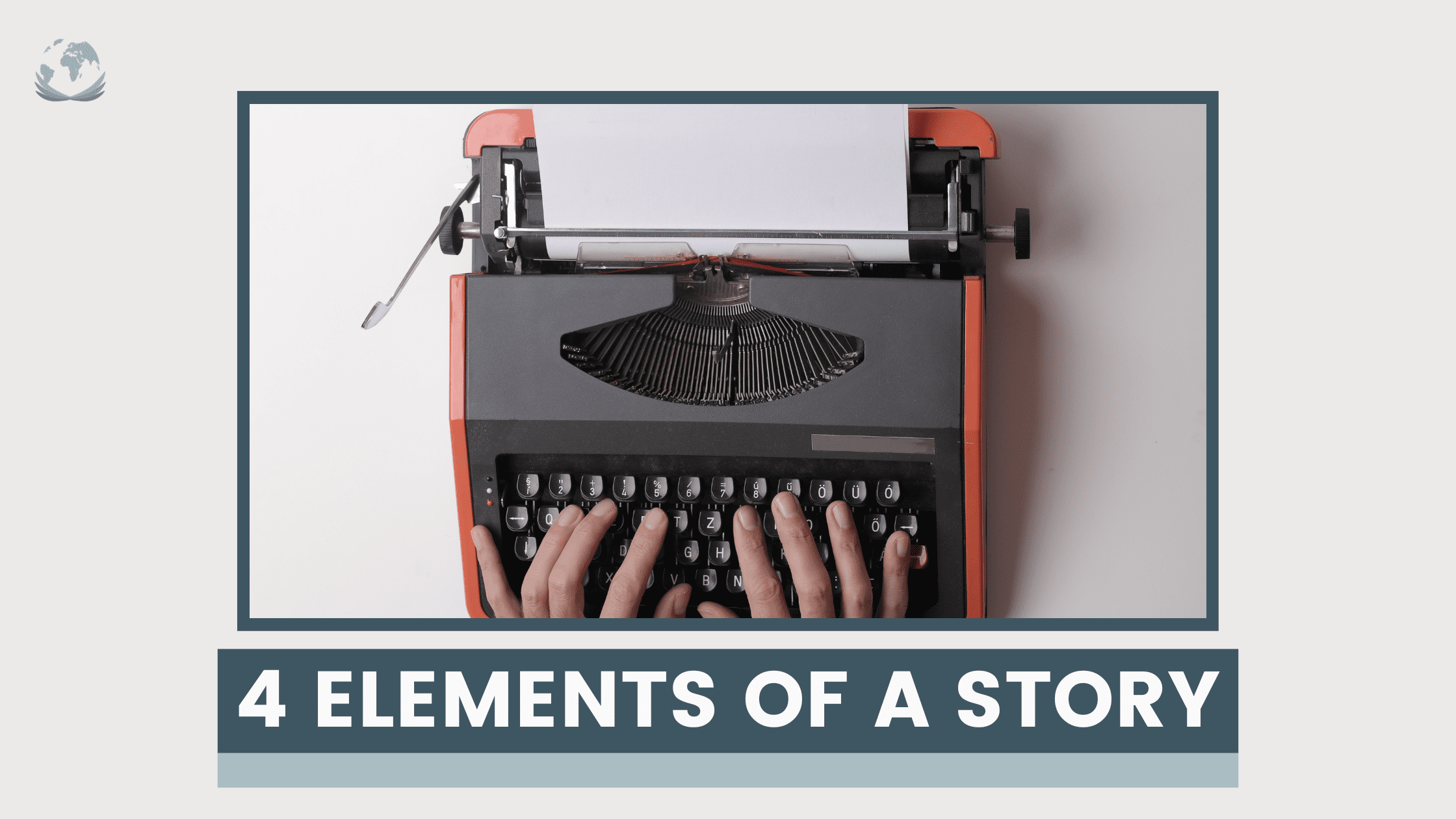The Four Elements of a story and why you need them
So, imagine that you are at dinner with friends. One of your friends tells a story about the elementary school you both attended and this story reminds you of your own story about the same school. Your brain immediately starts to put together your story, pulling together the important elements of the story - what happened, who was involved, where the story happened, and when it happened. We almost don’t have to think about those details rather they seem to spill out as you share your story with your dinner companions.
But, when we sit down to write that story, we might freeze up. We might get a sort of writer’s stage fright and worry that we don’t know how to write, or perhaps you might think your stories aren’t important enough to commit to paper. All those details falling into place as you shared your story at dinner prove that you have what it takes to write and because you are alive on this planet, your stories are important enough to add to History Chip. And, if you’ve gotten this far, you know you want to share your stories and are looking for a bit of support and a springboard to generously share your experiences with the world. Your stories matter and you have been telling stories your whole life, demonstrating that you have the art of writing in your head.
So, let’s give you that support and springboard to help you share your great stories. Let’s focus on those important elements of a story that are used by all journalists as they compose their stories for publication - what, who, where and when.
Probably the first thing that comes to mind is the WHAT of the story.
Let’s say we want to tell a story about the playground at our elementary school, and that is the WHAT of our story. For our story, perhaps everyone at the school went out to recess in the playground where all sorts of games and activities happened. Kids played hopscotch, played on the monkey bars, played cops and robbers, chased each other, played basketball or perhaps sat in a corner sharing stories.
To flesh out that story we may want to zero in on WHO is involved in the story.
The WHO of our story is Molly, Greg and Stella.
So, let’s say, a bunch of us wanted to play dodgeball and Molly and Greg were the ones who were chosen to pick team members. They took turns choosing team mates until there were only a few kids left. Stella was the last one picked. She was always the smallest kid in school and so wasn’t fast or strong. This time being the last one picked caused her terrible embarrassment and she burst into tears. She really wanted to play with all the other kids but when faced with the knowledge that she wasn’t really wanted in the game she was crushed.
To further flesh out this story, we will add our third important element, the WHERE of our story.
Our WHERE is the playground, at the school, in our town, in our state and in our country. And as we include the where of our story, we can also describe that WHERE. Was it a dirt playground, small or large, with lots of playground equipment, near a busy road or on a quiet rural field? See, you know all of this and just working your memory a bit gives you all sorts of great details to flesh out that story.
Our last element is the WHEN of our story.
The WHEN of our story might be in the spring, maybe even a very hot last day of school before summer vacation. Or maybe it’s that exhilarating first day of school, or that first really chilly day in the late fall, or maybe it is someone’s birthday or the day before a big holiday. And, our when might also be right after lunch or later in the day. And all of that WHEN, we know. We don’t even have to think about it, it just spills out because it’s in our memories.
And, here is a secret for anyone who is interested in writing for History Chip. The art of writing your life experiences, short stories or long stories, is already working in your head. Our memories practically write our stories for us. We have these elements, what, who, when and where and that’s our story. It’s so much easier than we might think it is. So, go ahead, give it a try. You can write your story of the playground, or write your own success story, or your story of where you were on 9/11, or whatever. All of your stories matter. They help to tell the story of our world. Whatever memories you want to share, History Chip is here for them. And we are eager to read all of your stories. Because, again, your stories matter!

